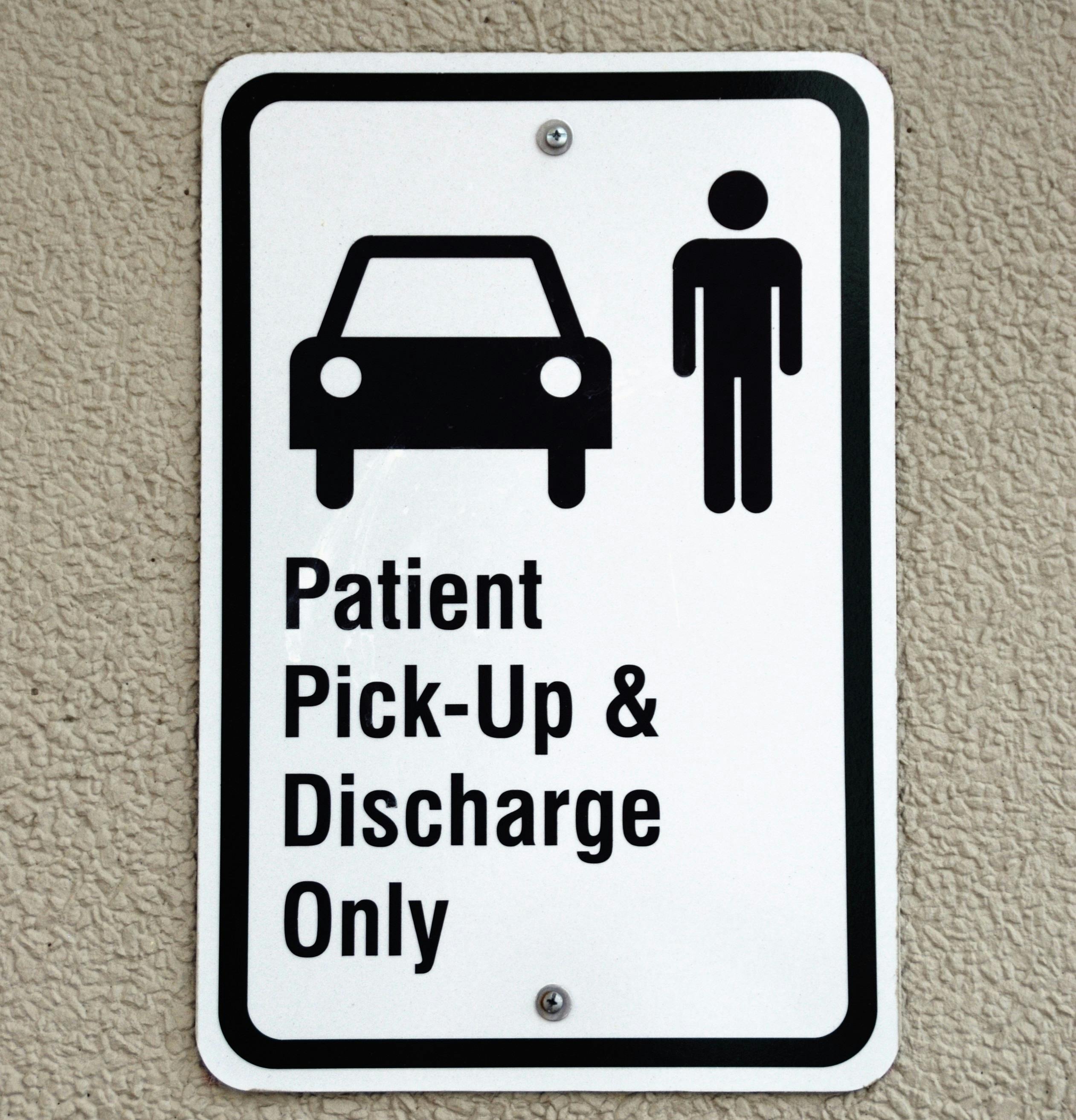"Uwe Reinhardt, an economist whose keen, caustic and unconventional
insights cast him as what colleagues called a national conscience in
policy debates about health care," died in November 2017.
What we can learn about U.S. health care costs from the New York Times obituary (quoted below; bold added):
Professor
Reinhardt argued that what drove up the singularly high cost of health
care in the United States was not the country’s aging population or a
surplus of physicians or even Americans’ self-indulgent visits to
doctors and hospitals.
“I’m
just an immigrant, so maybe I am missing something about the curious
American health care system,” he would often say, recalling his
childhood in Germany and flight to Canada and apologizing that English
was only his second language.

Then
he would succinctly answer the cost question by quoting the title of an
article he wrote with several colleagues in 2003 for the journal Health
Affairs:
“It’s the Prices, Stupid.”
What propelled those prices most, he said, was a chaotic market that operates “behind a veil of secrecy.”
That
market, he said, is one in which employers “become the sloppiest
purchasers of health care anywhere in the world,” as he wrote in the
Economix blog in The New York Times in 2013.
It
is also defined by the high cost of prescription drugs, he said, and
the astronomical amounts that hospitals spend in dealing with a maze of
insurers and health maintenance organizations.
“
Our
hospitals spend twice as much on administration as any hospital
anywhere in the world because of all of this complexity,” he
told Managed Care magazine in 2013.
If the nation cut the cost of health care administration in half, he said, the savings would be enough to insure everyone.
Professor
Reinhardt’s prescription for a more sensible system included imposing
penalties on the uninsured so that people would not postpone buying
policies until they got sick. That idea, the so-called individual
mandate, requiring most people to purchase health insurance, became an
integral component of the Affordable Care Act, otherwise known as
Obamacare. Republicans in Congress are now seeking to repeal that
provision as part of a tax overhaul.
Professor
Reinhardt also advocated providing government subsidies so that
low-income families could afford mandated insurance, another feature of
Obamacare.
His
ideal model was the German system in which insurers negotiate with
health care providers to set common binding prices in a specific region.
“I
believe it is still the best model there is, because it blends a
private health care delivery system with universal coverage and social
solidarity,” he
told The Times
in 2009. “It’s inexpensive and equitable. Coverage is portable. You’re
never uninsured in Germany.
No family goes broke over health care
bills.”





























